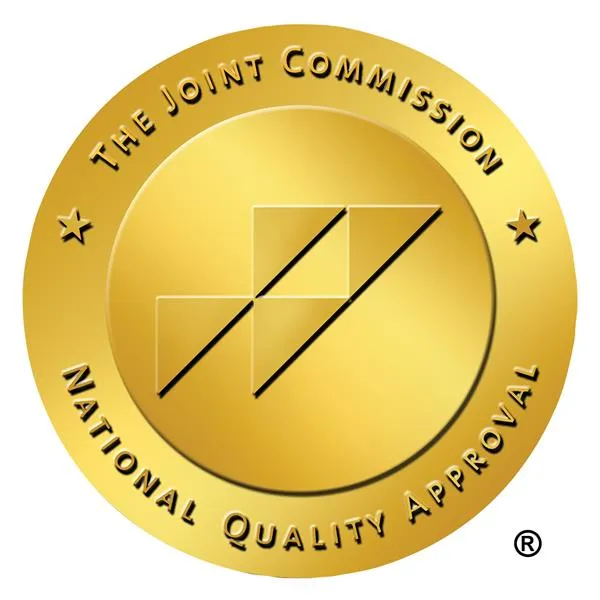Travel nursing is an exciting and rewarding career choice, allowing healthcare professionals to balance self-care with helping those in need. However, it’s crucial to prioritize safety while on assignment. Whether you’re a seasoned travel nurse or preparing for your first journey, here are ten vital safety tips to keep in mind.
Choose safe housing
When selecting temporary housing, prioritize safety and security. Look for accommodations in well-maintained apartment communities with security features, such as video surveillance, gated parking, and restricted access. Consider renting from places that conduct background checks on tenants and have positive reviews from previous occupants. Opt for upper-level units when possible, and use additional security measures like door alarms for added peace of mind.
Keep important phone numbers handy
Before taking off for your travel assignment, compile a list of essential phone numbers. Include the contact information of friends, family members, insurance providers, and healthcare professionals. Keep this list easily accessible in case of emergencies, and consider using location-sharing features on your phone to keep loved ones informed of your whereabouts.
Share your travel plans with trusted individuals
It’s essential to inform trusted individuals about your travel plans. Share details of your itinerary, including routes, accommodations, and work assignments, with friends or family members. Regularly update them on any changes to your plans and use location-sharing services for added safety.
Understand crime rates in the area
Research crime rates and safety concerns in the areas where you’ll be living and working. Use online crime mapping tools to identify high-risk areas and familiarize yourself with local safety protocols. Stay informed about registered sex offenders in the vicinity and take necessary precautions to ensure your safety.
Travel with a first-aid kit
Prepare a well-stocked first-aid kit to address minor injuries and emergencies during your travels. Include essential supplies such as bandages, antiseptic wipes, pain relievers, and basic medical equipment. Keep a first-aid kit in your vehicle and another one at home for easy access when needed.
Carry pepper spray for personal defense
Consider carrying pepper spray or a personal defense device for added protection. Pepper spray can provide a temporary deterrent against threats and help you safely escape dangerous situations. It’s important to note, however, that you’d need to familiarize yourself with local laws regarding the possession and use of such items
Keep a spare blanket in the car
Be prepared for unexpected emergencies by keeping a spare blanket in your vehicle. In case of car trouble or inclement weather, a blanket can provide warmth and comfort until assistance arrives. Regardless of the season, having a blanket on hand is a practical safety measure for travel nurses.
Invest in roadside assistance
Prioritize roadside assistance coverage to ensure you’re prepared for vehicle-related emergencies. Many insurance providers offer roadside assistance packages that include services such as tire changes, jump-starts, and towing. Invest in a reliable roadside assistance plan to avoid being stranded in unfamiliar territory.
Park in well-lit areas
When parking your vehicle, choose well-lit areas with good visibility. Avoid parking near large vans or trucks that may obstruct your view and provide cover for potential threats. Choose well-lit parking lots or garages, especially when returning to your vehicle after dark.
Trust your instincts and stay vigilant
Pay attention to your surroundings and avoid distractions like excessive phone use or wearing headphones in public spaces. If something feels off or unsafe, trust your intuition and take appropriate action to ensure your safety.
Safety is important for travel nurses hopping to and from different unfamiliar environments. By following these ten safety tips, you can enhance your safety and enjoy a rewarding travel nursing experience with peace of mind.

